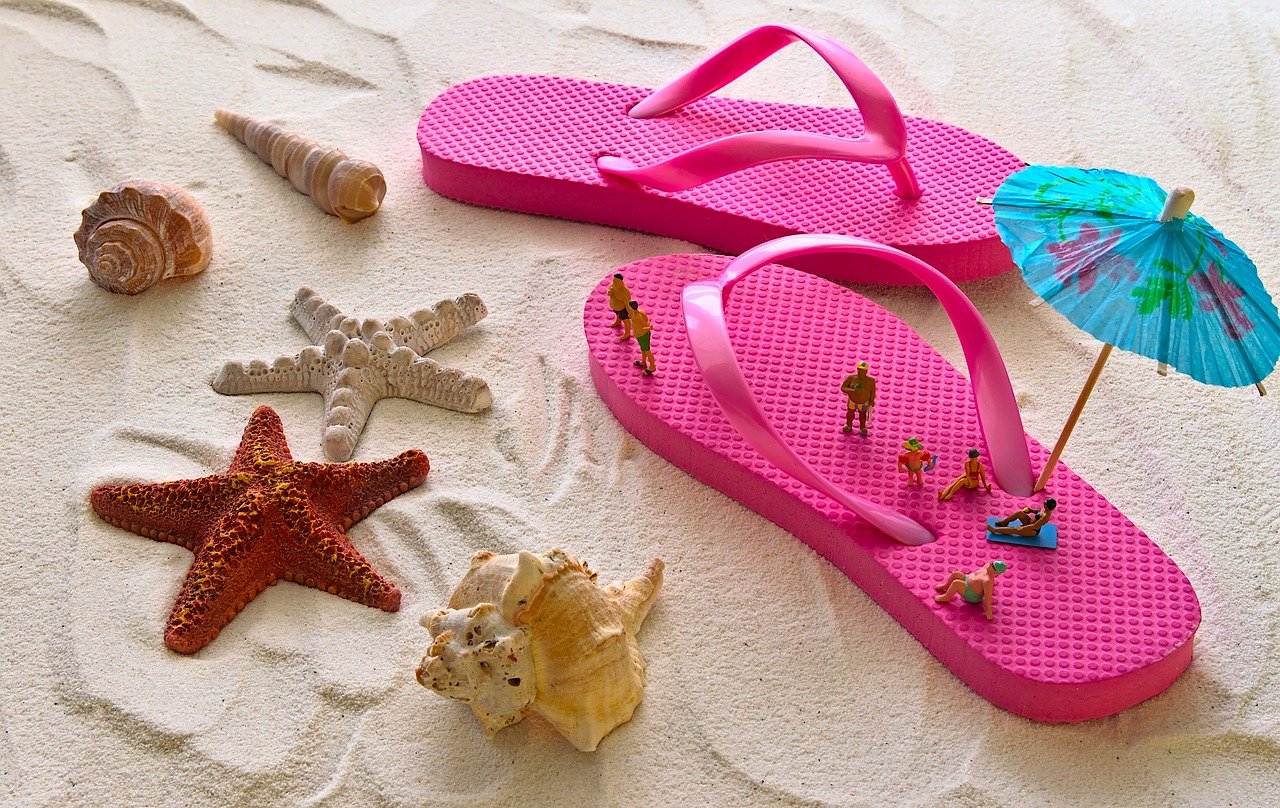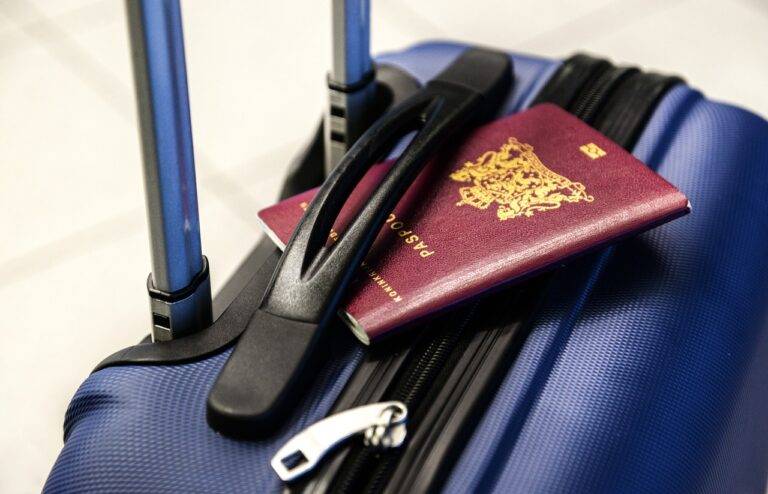Exploring Marine Conservation Expeditions: Protecting Oceans While Diving into Adventure
Marine conservation expeditions play a crucial role in raising awareness about the importance of protecting our oceans. These expeditions provide a hands-on experience for participants to witness firsthand the beauty of marine ecosystems and the threats they face due to human activities. By immersing themselves in these environments, individuals gain a deeper understanding of the delicate balance that sustains marine life.
Through these expeditions, individuals also have the opportunity to contribute to conservation efforts by participating in research projects, clean-up activities, and educational programs. By actively engaging in ocean protection initiatives, participants not only make a meaningful impact on the environment but also help to spread awareness within their communities. The knowledge and experiences gained during these expeditions are invaluable in fostering a sense of responsibility and stewardship towards our oceans.
The Impact of Human Activities on Marine Ecosystems
Human activities have significantly altered marine ecosystems worldwide. Pollution from industrial discharge, plastic waste, and oil spills have contaminated the oceans, posing a serious threat to marine life. The excessive input of nutrients from agricultural runoff and sewage discharge has led to harmful algal blooms, oxygen depletion, and dead zones, disrupting the balance of marine ecosystems.
Overfishing is another major concern affecting marine ecosystems. Unsustainable fishing practices, such as trawling and illegal fishing, have depleted fish populations and disrupted food chains. As a result, many marine species are at risk of extinction, impacting the overall health and biodiversity of the oceans. Urgent action is needed to address these human-induced pressures on marine ecosystems and ensure the long-term sustainability of our oceans.
Exploring Marine Biodiversity and Conservation Efforts
Marine biodiversity encompasses the vast array of species that inhabit our oceans, from the smallest phytoplankton to the largest whales. These diverse organisms play critical roles in maintaining the health and balance of marine ecosystems. Conservation efforts are essential to protect and preserve this biodiversity, as many species face threats from human activities such as overfishing, pollution, and habitat destruction.
In response to these threats, marine conservation organizations around the world are working tirelessly to implement strategies aimed at safeguarding marine biodiversity. These efforts include the establishment of marine protected areas, sustainable fishing practices, and initiatives to reduce plastic pollution. By raising awareness about the importance of marine conservation and engaging in active measures to protect our oceans, we can ensure a sustainable future for marine ecosystems and the countless species that depend on them.
Why is marine conservation important?
Marine conservation is important because it helps protect the diverse ecosystems found in the ocean, preserves biodiversity, and ensures sustainable use of marine resources for future generations.
What are some common human activities that negatively impact marine ecosystems?
Some common human activities that negatively impact marine ecosystems include overfishing, pollution from oil spills and plastic waste, coastal development, and climate change.
How do marine conservation expeditions help in protecting the ocean?
Marine conservation expeditions help in protecting the ocean by conducting research, monitoring marine biodiversity, implementing conservation measures, and raising awareness about the importance of ocean protection.
What are some conservation efforts being implemented to protect marine biodiversity?
Some conservation efforts being implemented to protect marine biodiversity include creating marine protected areas, regulating fishing practices, reducing plastic pollution, and promoting sustainable tourism practices.
How can individuals contribute to marine conservation efforts?
Individuals can contribute to marine conservation efforts by reducing their plastic consumption, supporting sustainable seafood choices, participating in beach clean-ups, and advocating for policies that protect marine ecosystems.





